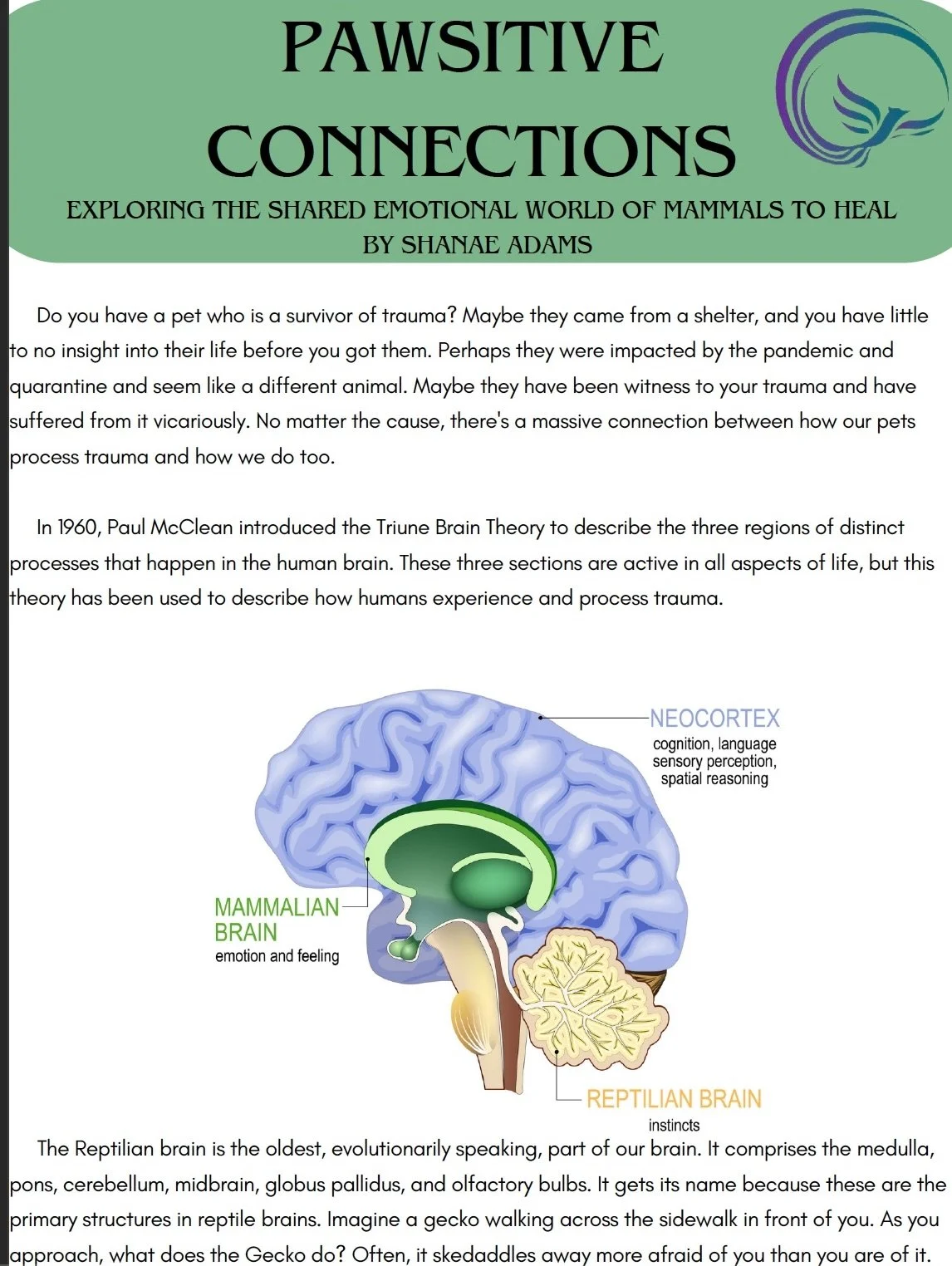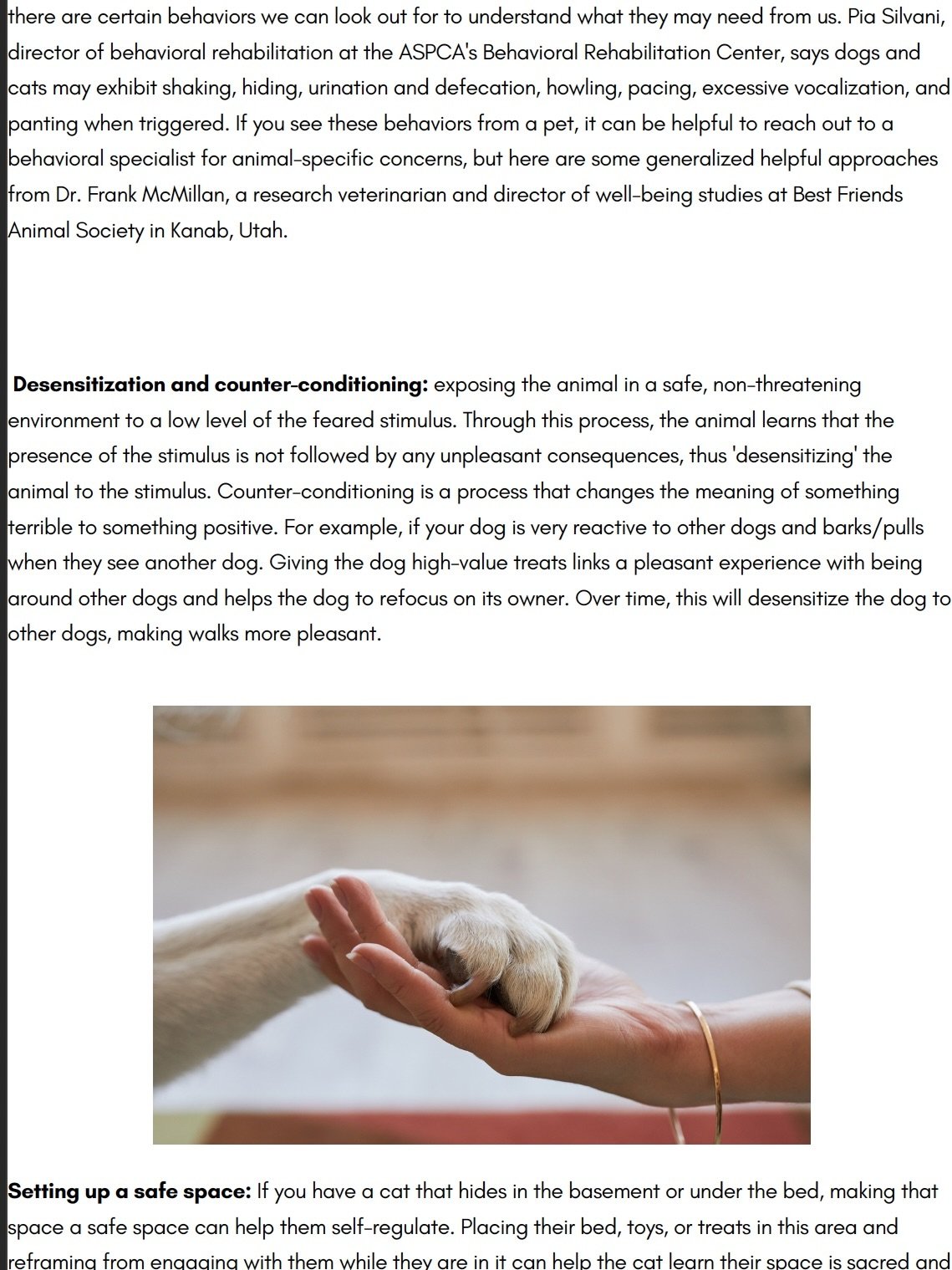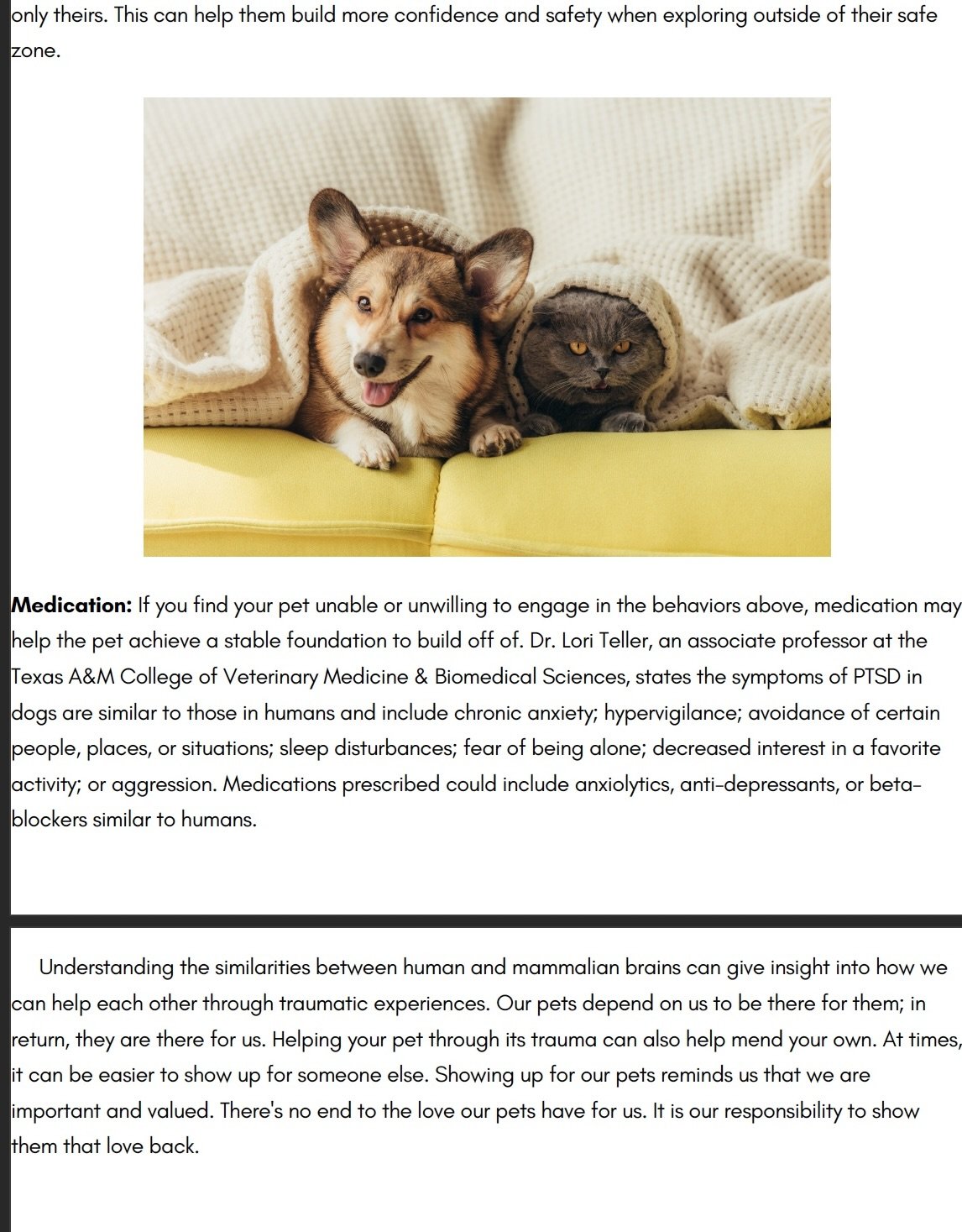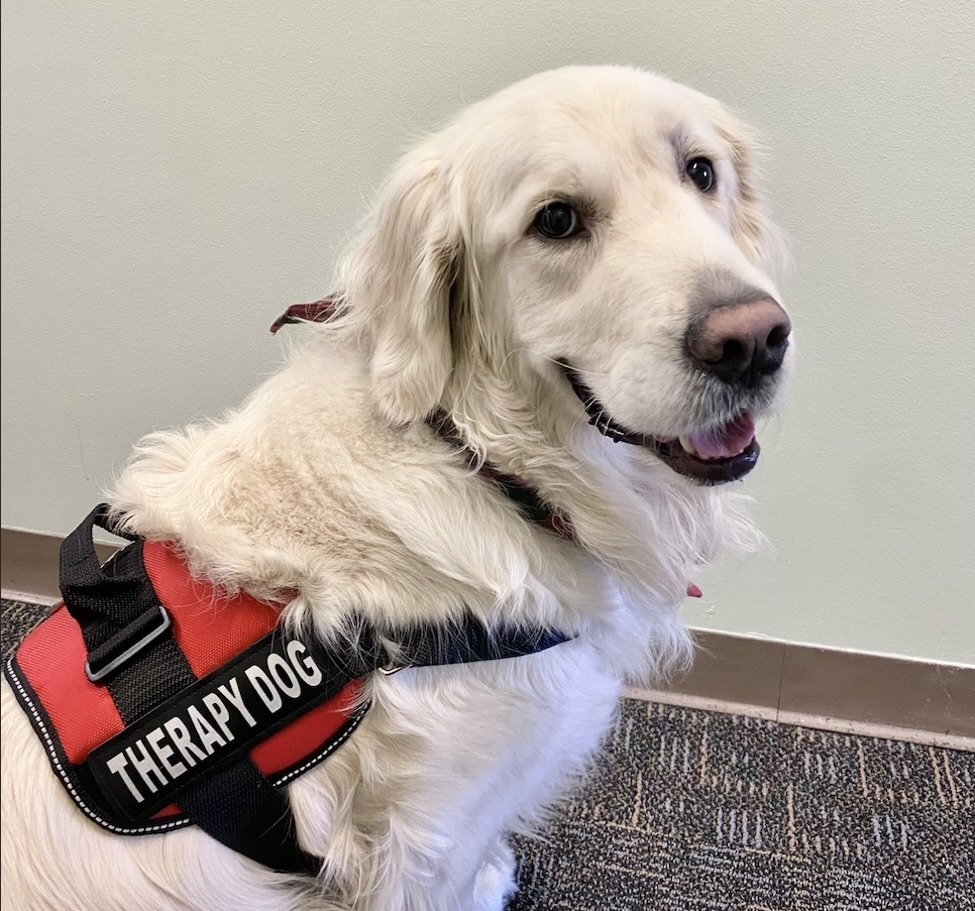Healthy Masculinity
Trusting Your Gut After Trauma
Remembering Colorado's Indigenous History
Home for the Holidays
Latinx Heritage Month
Celebrating Black August
Juneteenth
Asian American & Pacific Islander Heritage Month
Tiara's Law
Pawsitive Connections
Language and IPV: Why the Way That We Talk About Violence Matters
Black History
Forensic Exams as a Site of Healing: SANE Nurse Michelle Metz talks Denver Health and Holistic Care
Guide to Media Literacy
Understanding Trauma Anniversaries: Expectations and Self-Care
The Importance of Green Flags
National Hispanic Heritage Month
Auraria Campus Red Flag Campaign
The Power of Pets
This year at the Phoenix Center, we have a Masters of Social Work student from the University of Denver named Caroline who is interning as a Survivor Advocate, accompanied by her trained therapy dog Moose! Caroline is getting a certificate of Animal-Human-Environment Interactions, which she is hoping to use in her clinical social work career. This year Moose has been greeting clients of the PCA and sitting in appointments to provide extra emotional support for folks.
If you are an animal person, you know the feeling of immediate happiness at seeing a pet after a stressful day, and how much better you feel after cuddling them. There are many studies that support the positive effects animals have on our mental health. A study done by BMC Psychiatry found, “qualitative studies illuminated the intensiveness of connectivity people with companion animals reported, and the multi-faceted ways in which pets contributed to the work associated with managing a mental health condition, particularly in times of crisis” (Brooks et al, 2018).
For survivors, there is also a lot of evidence that pets and/or service animals can help with symptoms of the trauma they have experienced. You may be wondering: how do pets do this? According to evidence from an article in Frontier in Psychology, explanations for why animals may help with trauma symptoms include the following:
“the sensory stimulation of animals provides a comforting tether to the present moment, possibly minimizing intrusion symptoms
animals serve as ‘social facilitators,’ possibly reducing symptoms of avoidance and experiences of isolation and disconnection
connection with animals causes secretion of oxytocin, possibly reducing hyper-arousal symptoms” (O’Haire et al, 2015).
Overall, our pets are not only adorable, but they can also really help us improve our mental health when we go through hard times.
Sources
Brooks, H. L., Rushton, K., Lovell, K., Bee, P., Walker, L., Grant, L., & Rogers, A. (2018). The power of support from companion animals for people living with mental health problems: a systematic review and narrative synthesis of the evidence. BMC psychiatry, 18(1), 31. https://doi.org/10.1186/s12888-018-1613-2
O’Haire, M. E., Guérin, N. A., & Kirkham, A. C. (2015). Animal-Assisted Intervention for trauma: A systematic literature review. Frontiers in Psychology, 6.https://doi.org/10.3389/fpsyg.2015.01121





































